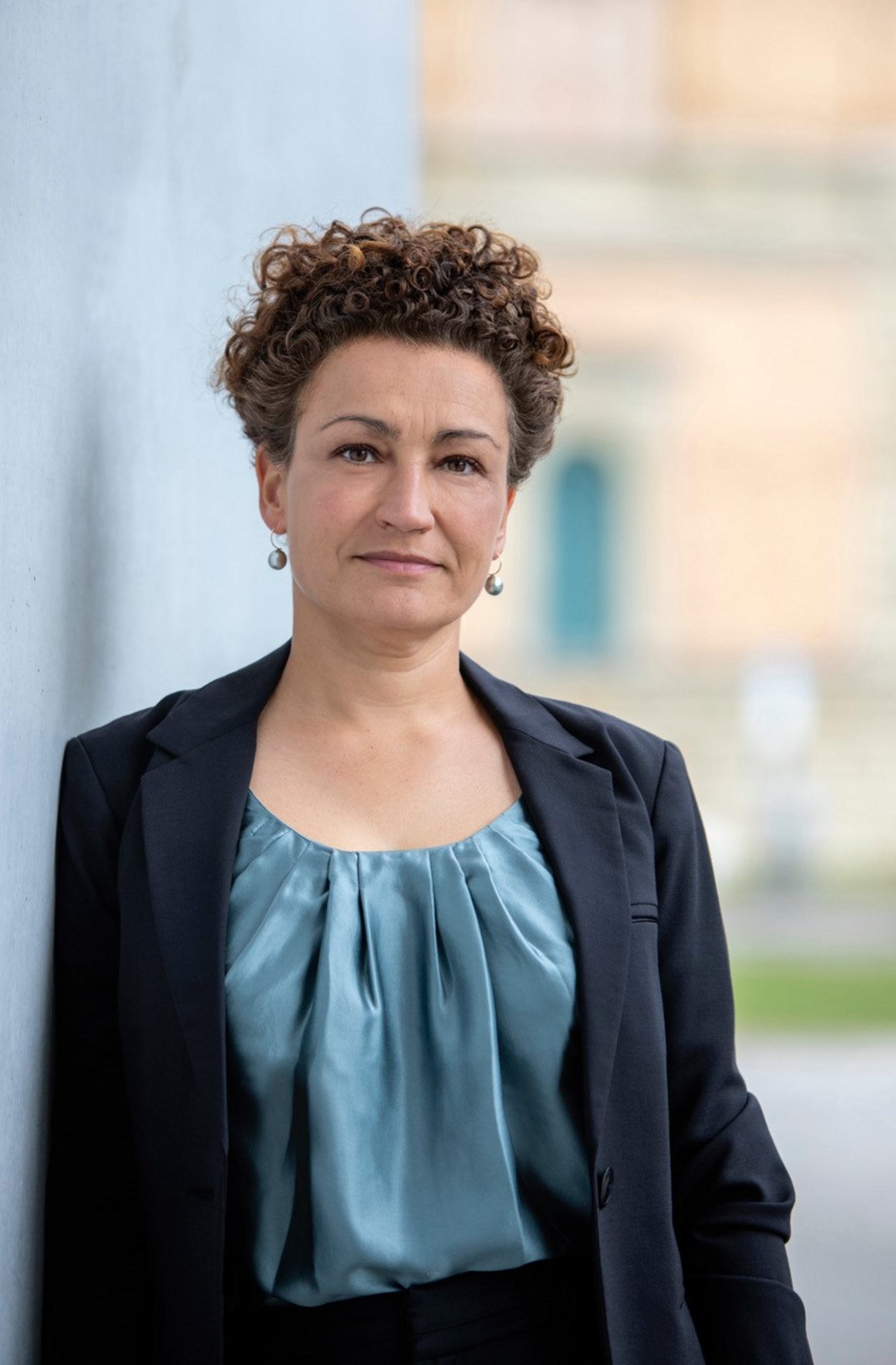Groundbreaking research project in the humanities on the global-historical importance of ancient portrait culture
The largest Carlsberggrant for the humanities this year goes to an ambitious project on the global historical importance of ancient visual culture. At the head of the project is Professor of Classical Archaeology Rubina Raja, who has received a Semper Ardens Advance grant from the Carlsberg Foundation. The grant enables an in-depth study of how local portrait cultures in ancient West Asia reflect identities and interactions between individuals, communities, and regions under the rule of different empires.

Locally Crafted Empires (LoCiS) is the title of a new and ambitious research project that will be launched in the summer of 2025. The project will investigate how individuals were represented in the rich portrait culture of West Asia, a region that stretches from Egypt to Anatolia (present-day Turkey) and from the Tigris River to the Mediterranean.
The project members will investigate whether and how representations of individuals changed as imperial borders changed – from the time of the Hellenistic and local kingdoms and the Roman Empire to the Eastern Parthian Empire (a great power in the Middle East from c. 247 BCE to 224 AD) and in the period around early Christianity.
The area was central to several of the great powers of the time, and LoCiS takes a bottom-up perspective on the individual's experience of and the visual expressions of the influence of changing powers on the region's cultures – including the part of the material culture that has survived to the present day. The researchers will investigate whether these shifts in power and boundaries can be traced in visual culture, and what impact this had on local communities.
The project is headed by Professor of Classical Archaeology at Aarhus University, Rubina Raja, who has just received a so-called Semper Ardens Advance grant from the Carlsberg Foundation to carry out the project.
The grant underlines Rubina Raja's role as an internationally recognised expert in classical archaeology and ancient cultures.
"The project focuses on examining portraits – in all media – from ancient and late antique West Asia – an area that spans many cultures and empires. Despite the fact that there are thousands of portraits from this time, they have never been studied systematically or across regions and time periods," she says. The aim of the project, she continues, is to create a large, comprehensive overview of these portraits by quantifying them and studying their context and significance. This will be made available to everyone in an open database (Open Access).
"By analysing the portraits, the project will shed light on how people and societies in antiquity understood themselves and their identity in their encounter with different empires and cultures. This will provide a new and deeper understanding of local traditions, regional differences and the influences that the great empires had over six centuries. At the same time, the project will contribute to an important debate about how we view antiquity today, and help create a more nuanced and global picture of history," says Rubina, who has also created a solid and high-impact basis for the current study from previous projects, such as the Palmyra Portrait Project.
The humanities show the way to deeper understanding
The project has the potential to provide new insights into both ancient history and our contemporary understanding of identity and cultural encounters in regions that still play a central role in world politics.
"Our project shows why in-depth humanities studies are crucial for understanding the long lines of world history. And brings to the forefront – why humanities disciplines – including those that deal with the more distant past – are those that also contribute new and deep knowledge about human action in today's society," Rubina Raja elaborates.
The project will thus also contribute to emphasizing the not diminishing relevance of the humanities in today's society.
New research team is to be established
The first task of the project will consist of holding kick-off seminars and mapping out which so-called case-study regions the research team should focus on first.
"Egypt will be our first focus area, as it has the most comprehensive and accessible material to create a solid basis for comparison for the other regions," says Rubina Raja, who is also starting to build a new research team that will consist of five postdocs, two PhD students, research assistants and administrators. The team, which is recruited both nationally and internationally, will work closely with Rubina Raja on the various case studies and ensure the best possible professional expertise to drive the project forward.
About the Semper Ardens Advance grant.
All applications submitted to Semper Ardens Advance have been submitted for international, external assessment prior to the assessment by the Carlsberg Foundation's Board of Directors, which makes the final decision, after interviews, on the Foundation's grants.
The grant is based on a total of 818 applications submitted to the Carlsberg Foundation.
Rubina Raja has received more than DKK 24 million for the project "Locally Crafted Empires", which will run for five years from the summer of 2025.
Read more about the project on the Carlsberg Foundation's website
Contact
Rubina Raja, Professor and Head of Centre
Urban Network Evolutions (UrbNet)
Classical Archaeology
School of Culture and Society
Aarhus University
Mobile: +45 2718 8390
Mail: rubina.raja@cas.au.dk
